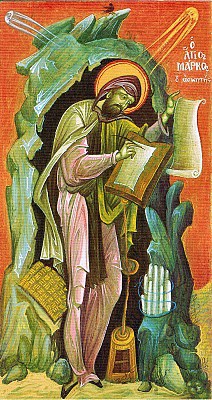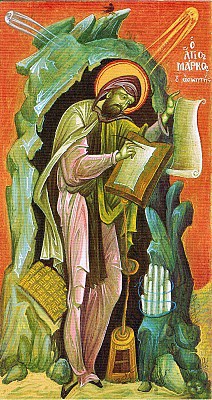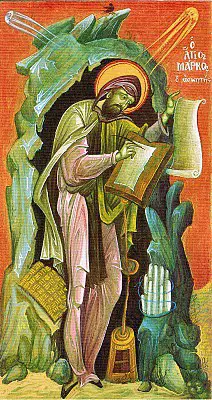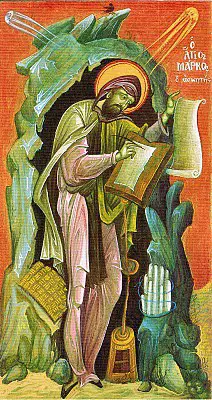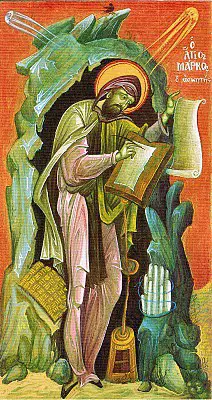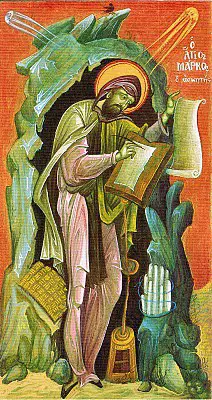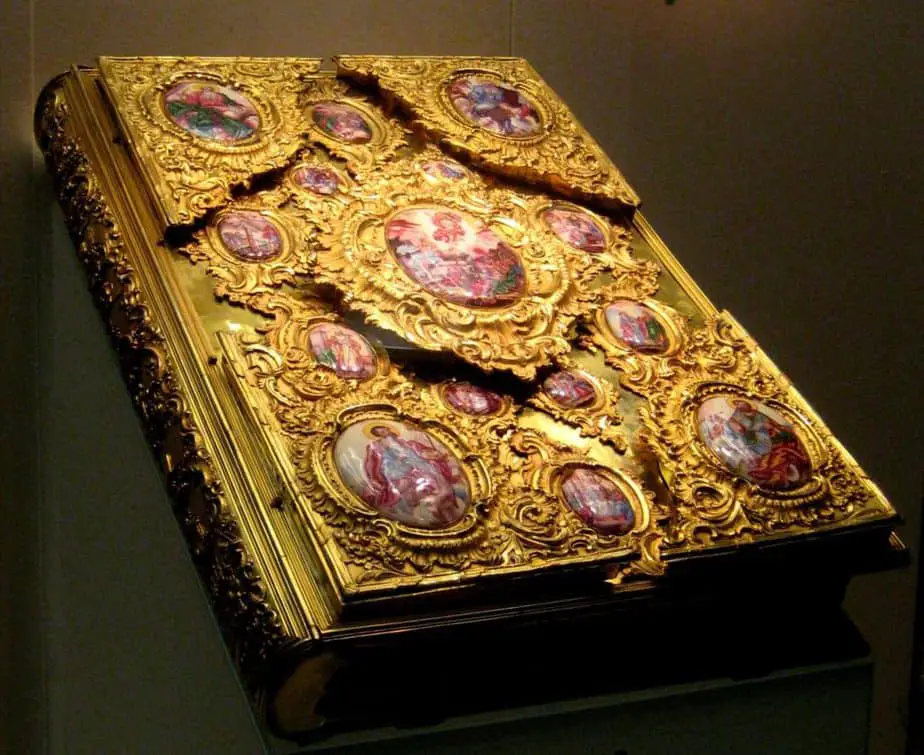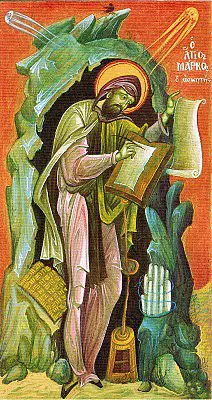“You should continually and unceasingly call to mind all the blessings which God in His love has bestowed on you in the past, and still bestows for the salvation of your soul. You must not let forgetfulness of evil or laziness make you grow unmindful of these many and great blessings, and so pass the rest of your life uselessly and ungratefully.
For this kind of continual recollection, pricking the heart like a spur, moves it constantly to confession and humility, to thanksgiving with a contrite soul, and to all forms of sincere effort, repaying God through its virtue and holiness. In this way the heart meditates constantly and conscientiously on the words from the Psalms: ‘What shall I give to the Lord in return for all His benefits towards me?’ (Psalm 116:12).”
— St. Mark the Ascetic, Letter to Nicolas the Solitary, The Philokalia Vol. 1
